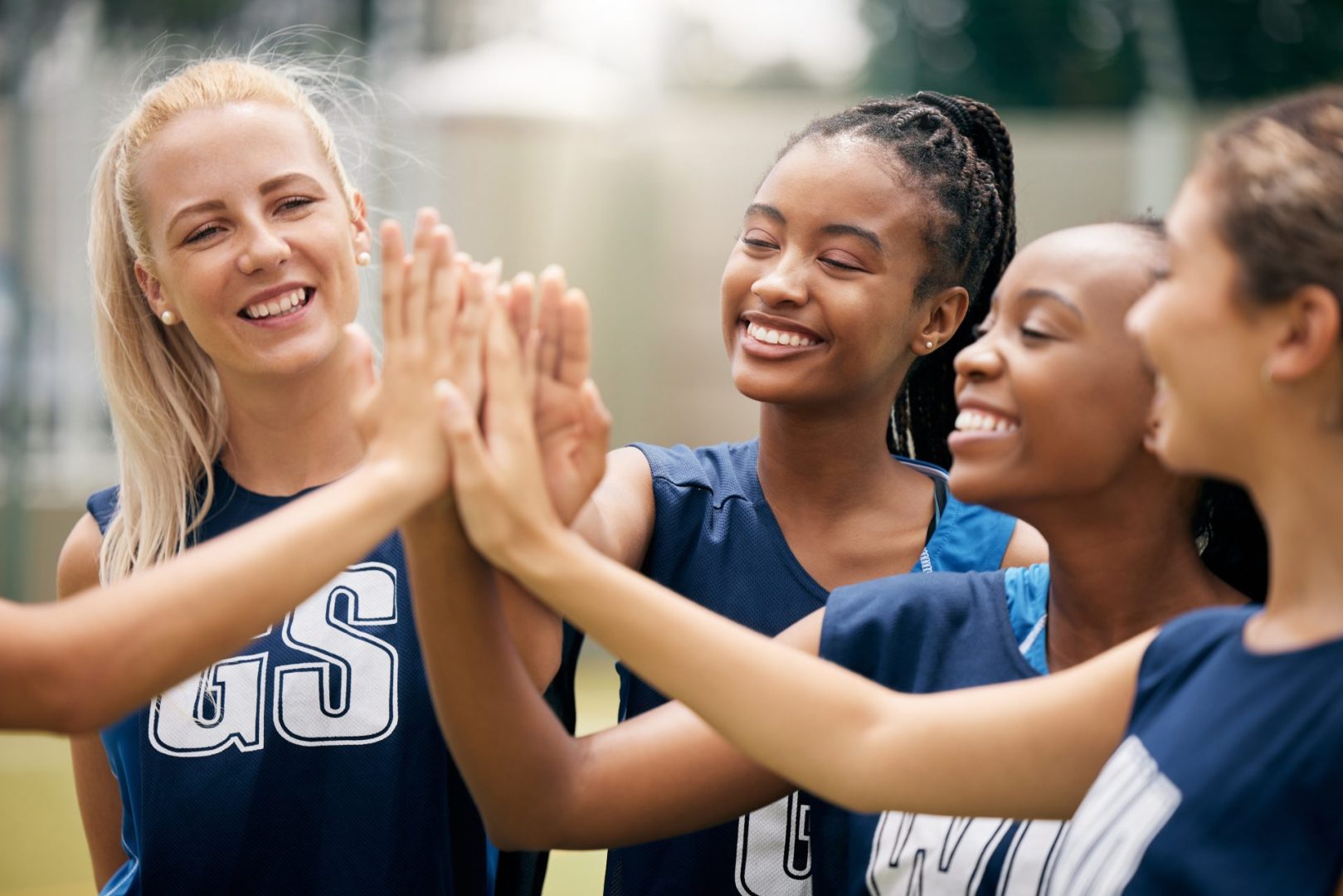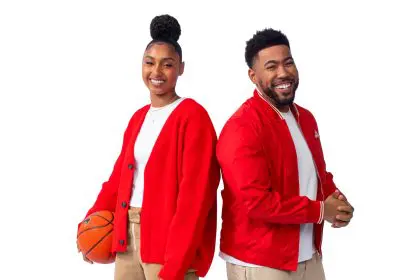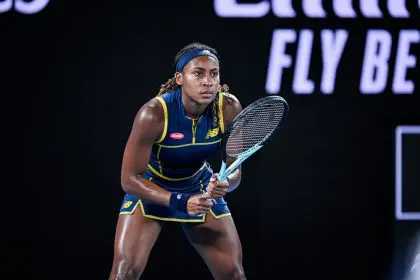College sports in America stands at a crossroads where the rights of student-athletes hang in the balance, threatened by powerful organizations that have historically controlled every aspect of their earning potential. The fight for fair compensation has reached a critical juncture in Michigan, where lawmakers are taking unprecedented steps to protect young athletes from losing millions of dollars in legitimate earning opportunities.
The transformation of college athletics over recent years has created new possibilities for student-athletes who were previously prohibited from earning any compensation for their talents and hard work. However, these hard-won rights now face serious challenges from organizations seeking to reimpose restrictive controls that could devastate the financial futures of thousands of young athletes.
Michigan finds itself at the forefront of this battle, with state legislators working to ensure that student-athletes can continue benefiting from name, image, and likeness opportunities without interference from national organizations that seem determined to roll back progress.
The historic shift in college athletics compensation
The name, image, and likeness revolution represents one of the most significant changes in college sports history, finally allowing student-athletes to receive compensation for their talents and marketability. This shift ended decades of restrictions that prevented athletes from accepting even minimal forms of support while generating millions of dollars for their institutions.
The previous system created an unfair dynamic where coaches, administrators, and universities profited enormously from student-athlete performances while the athletes themselves were prohibited from receiving any financial benefit. This imbalance had become increasingly difficult to justify as television contracts and ticket sales reached unprecedented levels.
Student-athletes who had been required to choose between pursuing their athletic dreams and supporting their families can now explore both paths simultaneously. This change has opened doors for young people who might otherwise have been unable to afford college or support their families while pursuing higher education.
The transformation also recognizes the reality that student-athletes possess valuable skills and marketability that deserve compensation just like any other talented individual in society. This recognition represents a fundamental shift toward treating student-athletes with the respect and fairness they have long deserved.
Michigan’s protective legislation takes center stage
House Bill 4643 represents a crucial piece of legislation designed to safeguard student-athletes’ rights to earn compensation through name, image, and likeness contracts. This bill explicitly prohibits organizations including athletic conferences and national governing bodies from imposing restrictions on student-athletes’ ability to enter into legitimate NIL agreements.
The legislation reinforces Michigan’s commitment to ensuring that student-athletes can pursue earning opportunities without unnecessary interference or gatekeeping from external organizations. This protective approach recognizes that student-athletes deserve the same freedom to negotiate contracts that other individuals enjoy.
The bill addresses specific threats to NIL rights by creating clear legal protections that prevent organizations from undermining state law through their own restrictive policies. This approach ensures that Michigan student-athletes can continue benefiting from NIL opportunities regardless of pressure from national organizations.
The timing of this legislation proves particularly important as various organizations attempt to reassert control over student-athlete compensation through proposed settlements and new regulations that could effectively eliminate many NIL opportunities.
The looming threat from proposed restrictions
Recent developments in college athletics governance pose significant risks to the progress made in student-athlete compensation rights. Proposed antitrust settlements could provide cover for organizations to impose new restrictions on NIL activities that would effectively eliminate many earning opportunities for student-athletes.
These proposed restrictions include disclosure requirements and clearinghouse approvals that would create bureaucratic barriers to NIL contracts. Such measures could delay or prevent legitimate business arrangements while adding unnecessary complexity to simple transactions.
The potential for organizations to use settlement agreements as vehicles for reimposing control over student-athlete earnings represents a sophisticated attempt to circumvent state laws protecting NIL rights. This strategy could effectively nullify the progress made through legislative action and legal challenges.
The proposed restrictions would particularly impact smaller NIL deals that provide crucial support to student-athletes who are not household names but still possess marketable skills and local appeal. These limitations could eliminate opportunities for athletes who depend on modest NIL earnings to support their education and living expenses.
The massive financial stakes involved
The financial implications of potential NIL restrictions extend far beyond individual contracts to encompass hundreds of millions of dollars in lost opportunities for student-athletes nationwide. Michigan alone could see student-athletes lose tens of millions of dollars annually if organizations succeed in reimposing restrictive controls.
National projections suggest that student-athletes could lose more than $2 billion in potential earnings if proposed restrictions are implemented. These figures represent real money that could support education, housing, family assistance, and future business development for thousands of young people.
The financial impact extends beyond immediate earnings to include lost opportunities for skill development, networking, and business experience that NIL activities provide. These intangible benefits often prove as valuable as the direct compensation student-athletes receive.
The economic multiplier effects of NIL activities also benefit local communities and businesses that partner with student-athletes. Restricting these opportunities would eliminate positive economic impacts that extend well beyond the athletes themselves.
Understanding the reality of NIL compensation
Contrary to popular misconceptions about NIL deals, most contracts involve modest amounts that provide meaningful but not extravagant compensation to student-athletes. Typical deals range from $5,000 to $10,000, representing significant support for students managing educational and living expenses.
These moderate contract values demonstrate that NIL opportunities primarily serve to provide basic financial support rather than creating wealthy young athletes. The money often goes directly toward tuition, housing, food, and other necessities that scholarship packages may not fully cover.
Student-athletes who are not on full scholarships particularly benefit from NIL opportunities that can make the difference between affording college education and having to abandon their athletic and academic pursuits. These earnings provide access to education that might otherwise be financially impossible.
The accessibility of smaller NIL contracts also democratizes earning opportunities beyond star athletes to include hardworking team members who may have local appeal or specialized skills. This broader distribution of opportunities reflects the diverse talents and marketability of college athletes.
Equality in athletic compensation structures
The current system creates a stark contrast between the freedom enjoyed by coaches and administrators to negotiate multi-million dollar contracts and the restrictions historically imposed on student-athletes. This disparity highlights fundamental fairness issues that NIL rights begin to address.
Coaches regularly negotiate contracts worth millions of dollars while moving between institutions based on financial opportunities. Student-athletes deserve similar freedom to pursue legitimate earning opportunities without seeking permission from governing bodies that have no legal authority over their business decisions.
The double standard becomes particularly apparent when considering that student-athletes generate much of the value that enables high coaching salaries and administrative compensation. Allowing these young people to share in the value they create represents basic fairness rather than special treatment.
Professional athletes in other contexts enjoy broad freedom to negotiate endorsement deals and business opportunities. College athletes deserve similar autonomy to make business decisions that benefit their financial situations and future prospects.
Michigan’s competitive advantage through athlete protection
States that protect student-athlete rights create competitive advantages in recruiting by demonstrating commitment to athlete welfare and financial opportunity. Prospective student-athletes and their families increasingly consider NIL-friendly policies when making college decisions.
Michigan’s leadership in protecting NIL rights sends a clear message to recruits that the state values student-athlete contributions and supports their right to benefit from their talents. This positioning enhances the attractiveness of Michigan institutions to top athletic prospects.
The reputation for protecting athlete rights also benefits Michigan institutions in maintaining current student-athletes who might otherwise consider transferring to states with more favorable NIL environments. Retention of talented athletes supports competitive success and institutional prestige.
Educational institutions in states that protect NIL rights may also benefit from increased applications and interest from student-athletes who view these protections as indicators of institutional values and support for student success.
The broader implications for student-athlete welfare
NIL rights represent more than earning opportunities—they provide student-athletes with practical business experience that enhances their education and career preparation. Managing contracts, negotiations, and business relationships teaches valuable skills that extend far beyond athletic careers.
The networking opportunities created through NIL activities often lead to internships, job opportunities, and business partnerships that benefit student-athletes long after their athletic eligibility expires. These connections provide career advantages that traditional scholarship benefits cannot match.
Financial literacy development occurs naturally as student-athletes manage NIL earnings and learn about taxation, saving, and investment. These practical financial skills prove invaluable for long-term financial health and career success.
The confidence and business acumen gained through NIL activities often translate into entrepreneurial ventures and leadership opportunities that benefit both individuals and their communities. These developmental benefits justify protecting NIL rights beyond simple compensation considerations.
Legal foundations for protection
State laws protecting NIL rights rest on solid constitutional foundations including individual liberty, economic freedom, and state authority over education and commerce. These legal principles provide strong defenses against attempts to override state protections through private organizational policies.
The legal precedent established by protecting NIL rights also supports broader principles of student-athlete welfare and institutional accountability. These precedents may influence future policy decisions affecting college athletics governance and student rights.
Constitutional commerce clause protections prevent organizations from using their market position to override state laws protecting individual economic rights. This legal framework supports state authority to protect resident student-athletes from unfair restrictions.
The intersection of education law, labor law, and constitutional rights creates multiple legal avenues for defending student-athlete interests against organizational overreach. This legal complexity favors comprehensive state protections rather than piecemeal organizational policies.
Building sustainable athlete support systems
Long-term protection of student-athlete rights requires ongoing vigilance and advocacy to prevent erosion of hard-won protections. Organizations that previously controlled athlete compensation will likely continue seeking ways to reassert control through new mechanisms and strategies.
Educational initiatives help student-athletes understand their rights and available resources for addressing violations or restrictions. Informed athletes can better protect themselves and advocate for continued policy improvements.
Coalition building among student-athletes, advocacy groups, and supportive legislators strengthens political support for continued protections and improvements to existing laws. These alliances provide sustainable foundations for long-term policy success.
Regular evaluation and updating of protective legislation ensures that laws remain effective as circumstances change and new challenges emerge. Proactive policy development prevents problems rather than simply responding to crises.
The path forward for athlete empowerment
Michigan’s leadership in protecting student-athlete rights provides a model for other states seeking to support their student-athletes while maintaining competitive advantages in recruiting and retention. This leadership position benefits both athletes and institutions.
Continued advocacy for student-athlete rights must address emerging challenges while building on existing successes. The evolution of college athletics requires adaptive policies that protect athlete interests while supporting competitive excellence.
The ultimate goal extends beyond NIL rights to encompass comprehensive student-athlete welfare including health care, educational support, and career development. NIL protections represent one important component of broader athlete empowerment efforts.
Success in protecting student-athlete rights requires sustained commitment from lawmakers, advocates, and the athletes themselves. This collective effort ensures that progress continues despite opposition from organizations seeking to maintain traditional control structures.








